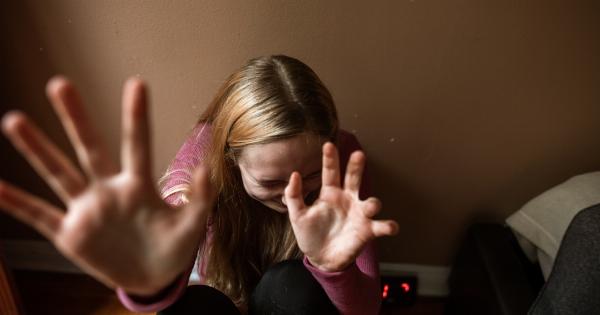Receiving a cancer diagnosis can be an overwhelming and life-altering experience. It is a moment that changes everything in an instant. From the moment the doctor utters those words, a flood of emotions rushes through the patient’s mind.
Fear, anger, sadness, and confusion are just a few of the emotions that accompany this journey. This article explores the emotional rollercoaster that individuals facing a cancer diagnosis often go through, highlighting the different stages and offering insights into managing and coping with these emotions.
1. Shock and Denial
Upon hearing the news of a cancer diagnosis, shock and denial are common initial reactions. It can be difficult to comprehend the gravity of the situation, leading to a sense of disbelief.
The shock serves as a defense mechanism, allowing individuals to temporarily distance themselves from the harsh reality they are faced with.
2. Fear and Anxiety
As the initial shock wears off, fear and anxiety often begin to set in. Thoughts of mortality and the uncertainty of the future become overwhelming. Fear of pain, treatment side effects, financial burden, and the impact on loved ones can consume the mind.
The fear of the unknown and the potential for a shortened lifespan can create immense anxiety.
3. Anger
Feeling anger is a common reaction to a cancer diagnosis. This anger can be directed towards various targets, such as the disease, oneself, healthcare professionals, or even friends and family members.
This anger may stem from a sense of injustice or frustration at the perceived unfairness of the situation. It is important to acknowledge and express these feelings in a healthy way.
4. Grief and Sadness
Grief and sadness often follow anger, as individuals come to terms with the loss of health and the life they once had. Mourning the loss of normalcy, dreams, and aspirations is a natural part of the emotional journey.
It is important to allow oneself to grieve and seek support from loved ones or professional counselors, who can help navigate through these emotions.
5. Acceptance and Adjustment
While acceptance and adjustment may take time, they mark an important milestone in the emotional journey of a cancer diagnosis. This stage involves accepting the reality of the situation and adjusting to the challenges it presents.
It does not mean giving up hope, but rather finding a new sense of normalcy and learning to cope with the circumstances.
6. Depression and Anxiety
Depression and anxiety can frequently accompany a cancer diagnosis. The overwhelming nature of the disease, combined with the physical and emotional toll of the treatment, can lead to a deep sense of sadness and despair.
It is crucial to seek professional help during this stage and not hesitate to reach out to support groups or mental health professionals who specialize in cancer-related issues.
7. Hope and Positivity
While it may seem contradictory, hope and positivity can coexist with the challenging emotions that cancer brings.
Many individuals find strength and resilience within themselves during their cancer journey, discovering newfound appreciation for life and relationships. Cultivating a positive mindset and seeking support from others can be instrumental in maintaining hope and a fighting spirit.
8. Uncertainty and Fear of Recurrence
Even after successful treatment and remission, the fear of cancer recurrence can persist. Uncertainty about the future, regular check-ups, and potential long-term effects of the treatment can trigger anxiety.
It is important to openly discuss these fears with healthcare providers and find healthy coping mechanisms to manage the uncertainty.
9. Support Systems and Connection
Building a strong support system is vital for emotional well-being throughout the cancer journey.
Friends, family, support groups, and professional counselors all play a crucial role in providing a safe space for individuals to express their emotions and find comfort. Connecting with others who have experienced similar challenges can foster a sense of community and understanding.
10. Finding Meaning and Growth
While a cancer diagnosis is undeniably devastating, many individuals find that it sparks a profound personal transformation. It can lead to a reevaluation of priorities, a deepening of relationships, and a newfound appreciation for life.
Some individuals even find a sense of purpose in advocacy or supporting others facing similar challenges, turning their experience into a catalyst for positive change.





























